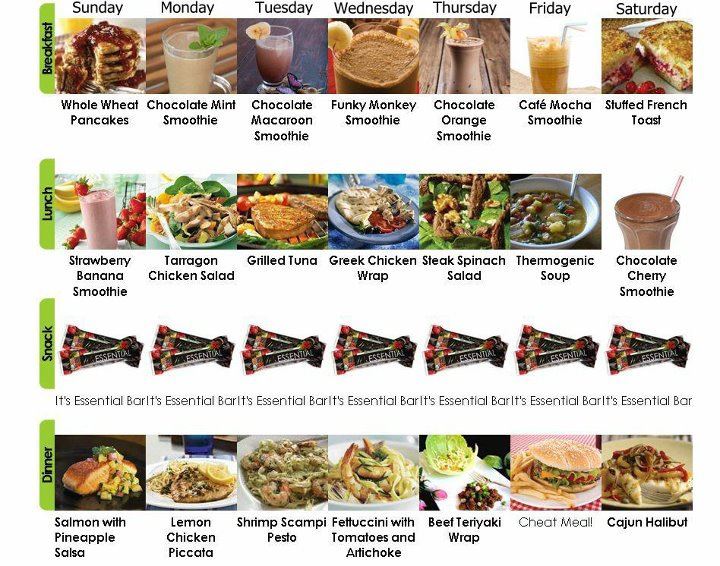How many people in the run of a day say the word “diet”? What exactly does a diet mean to them or to you? Is a diet a specific meal plan used merely for people who are looking to shed a few unwanted pounds or is it a term that people use loosely similar to that of, “Yeah I go to the gym” when in fact they may actually physically enter the gym, but have no direction, purpose or plan. I personally do not like the term, “diet”. I much prefer to use the term “meal plan” when speaking specifically about what my nutritional goals, needs and wants are.
There are a few things that you should consider before starting a meal plan. For example what are your goals for the meal plan. Is the plan’s primary purpose to help you lose or gain weight? Is the purpose of the plan to help introduce you to a healthier life style? Is the primary purpose of the meal plan, to help you deal with medical concerns such as obesity, diabetes, or high cholesterol? Whatever the reason you chose the meal plan make sure it’s best suited for your wants and needs.
Here are a few simple recommendations when deciding to use a meal plan.
- Set goals. Short term, long term. What you are hoping the meal plan will help you accomplish?
- Do your homework. You need to understand that some plans work for some and do not work for others. First discuss this with a medical professional (your doctor, nutritionist etc) and consider their recommendations and medical advice. Most health practitioners can and will provide you with the guidance you are seeking.
- Do not try to lose or gain too much weight too fast. A healthy weight loss is 2-4 pounds per week, especially during the first phase of your meal plan, where you’ll notice the weight coming off fairly quick.
- Do not get frustrated or discouraged. There will come a time where your weight loss will slow or stop. This is due to your body’s metabolism reaching a comfort level with your meal plan. This is the time to change up your plan, in hopes to fire up your metabolism all over again.
- Believe it or not there are no fancy fitness gadgets or magic pills as seen on television or in magazines that will help you lose weight quicker or more efficiently than that of a solid meal plan that will help lose weight. There are credible supplements on the market that will assist you in losing weight. Again, this is an area where you will need to do your homework, as every supplement company claims to have a more effective product than their rival companies.
- Commit to the plan. Focus on the prize, which is your goal that you have set! You will need to have strong will power to resist temptations of unhealthy or foods not on your plan. You will also need to surround yourself with a circle of people (friends, family) that understand and support you in your life style change. As sad as this may sound, it’s those closest to you that will try to sabotage or derail your progress and plan.
- Allow yourself some treat meals weekly as a reward for following your meal plan. Turkey burgers on the grill, a thin crust pizza, steak, frozen yogurt whatever it is that you choose to treat yourself with, know that there are healthier variations of your favorite foods.
- Hydration is key! Ensure that you stay hydrated daily as this will aid in flushing the toxins from your body which is often a roadblock in weight loss. Remember water is the best fluid for you.
- You CANNOT out work a poor diet. You can exercise as hard and as often as you can, but if you’re not properly fuelling your body, you will not get the results that you are looking for or expect.
- Be honest with yourself. If you had a moment where you gave into a temptation, you need to quickly get back on track. One poor choice doesn’t ruin your entire daily or weekly plan. Chalk it up as a minor slip on the road to a better you.
- Preparation is KEY. Preparing your meals in advance will help you from falling victim to grabbing something quick at a fast food restaurant, or from grabbing a handful of your favorite treats in an attempt to help deal with your cravings.
There are so many “trendy or in-the-now diets” that seem to pop up weekly. Not all are bad, some actually have some sound components supported by medical evidence. However most of these so called “diets” are nothing more than a gimmick with promises that never materialize. The best “diets” are the ones that become a lifestyle, the plans that involve real food, sources of protein, fruit, vegetables, essential fats etc. No one is going to do the work for you. Make the change and follow your plan and you will be on your way to a healthier happier you.
















 comments /
0 comments
comments /
0 comments





